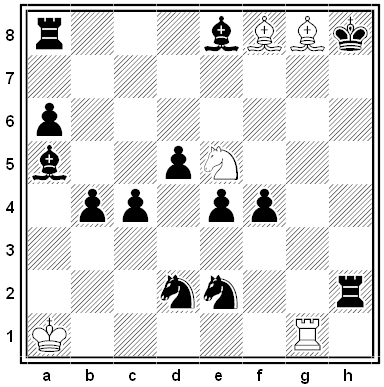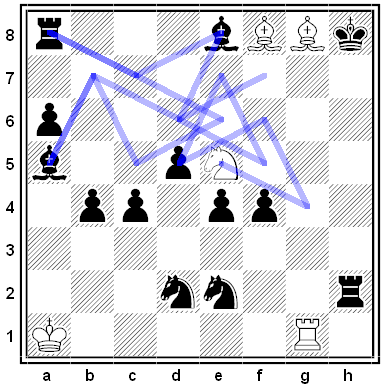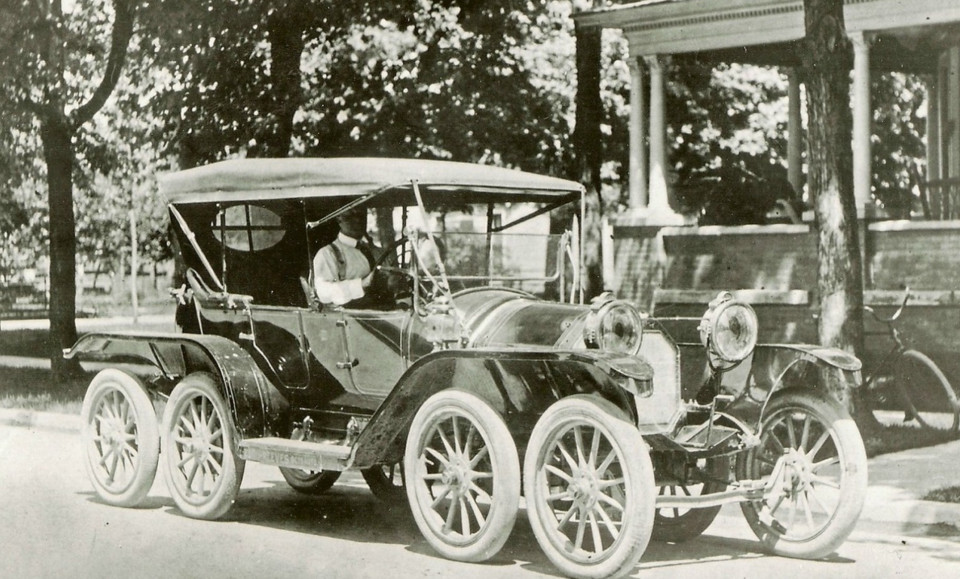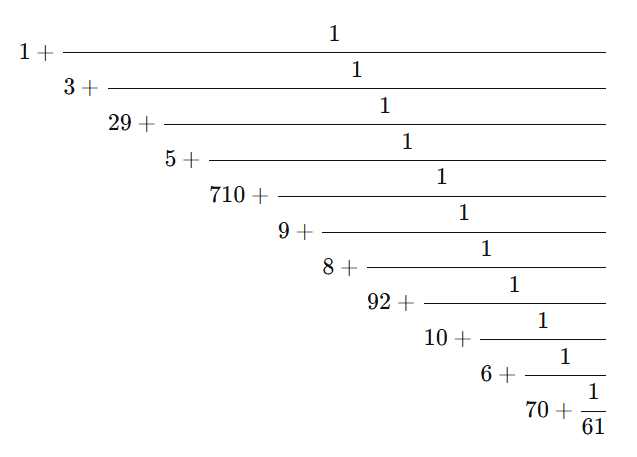
For his 1992 palindrome dictionary From A to ZOtamorf, Stephen J. Chism set out to gather all the reversible expressions in English that had been published up to that point. He divides them sensibly into single words; phrases and sentences; poems; and personal and place names — but the last chapter is titled FOR SOME REASON CHEESE:
A duo Gouda
Ate Feta?
Cheese not dairy. Myriad tone? See H.C.
Cheese? See H.C. …
Disk Colby block, Sid.
Edam Hannah made
He ate feta, eh?
He made lives evil. Edam, eh?
Lay block Colby, Al.
No Brie, Irbon?
No Romano on a moron …
Not Lit, Stilton?
Note Swiss: “I.W. Seton”
Why block Colby, H.W.?
“I don’t propose to explain it,” he writes. “Cheese is as unlikely as it is likely; a seemingly ordinary food product. Why, then, do we find it treated more thoroughly in palindromes than any other substance?”




